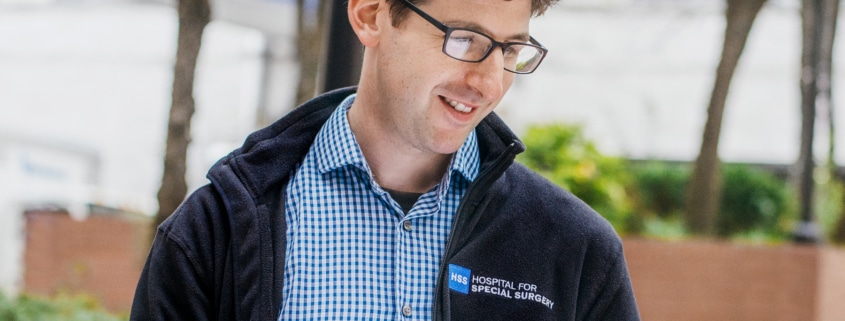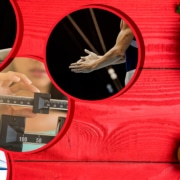The Nutrition and Overtraining Talk We Need To Have, But Aren’t
I’ll just come right out and say it Gymnastics culture continues to have a serious problem with the intersection of nutrition, mental health, and proper training workloads for kids.
If you take a step back even more, you see this problem isn’t unique to gymnastics. Many youth athletes struggle with healthy relationships with food. Especially when it comes to fueling enough for performance, keeping high quality food as the the foundation of their intake, and dealing with other mental health issues around eating like body image and self confidence.
These issues tend to be magnified in aesthetic sports like gymnastics, dance, and many more. Once the concept of being ‘judged’ for a score based on performance is added to the mix, things can get dicey. On top of this, for sports like gymnastics, the amount of training hours required of young athletes causes them to burn through tons of energy when training.
When you add combine long training hours, growing bodies that are already consuming lots of energy, external judgement for competitive success, and current insane societal suggestions from marketing agencies, it’s easy to see how problems arise fast in kids.
I recently sat down with Jason Machowsky, a Board Certified Registered Dietician and Exercise Physiologist working at Hospital for Special Surgery in New York, to discuss these crucial issues.
Jason is highly qualified to discuss these issues, as he spends every day working with athletes ranging from recreational to Olympic level about food, performance, mental health concerns, and helping people who have unhealthy approaches to proper nutrition.
I feel the intersection of food, overtraining, and the lack of a long term athletic development model is a conversation gymnastics (and all youth sports) desperately needs to have, but isn’t.
In this podcast we talk about
- Why youth athletes need to rethink their approach to nutrition during training
- Nutrition tips for before, during, and after training
- Why calorie deficits and underrating are still a huge problem
- Why we need better systems to measure and prevent over training in developing athletes
- How pushing young athletes too hard, too soon, is extremely dangerous
- How to safely address nutrition concerns with young athletes
- How adults, society, and cultures need to change to support better nutrition techniques with young athletes
If you are someone who works with youth sports, but especially those in aesthetic sports, please please listen to this. It’s such an important conversation that I think can positively impact thousands of young kids out there. You can find it on iTunes, Spotify, and Stitcher. I hope you find it helpful!
The Nutrition and Overtraining Conversation We Need To Have, But Aren’t













